US officials land in Solomon Islands to pressure it over China's 'military base'
A White House delegation has arrived in Honiara to hold talks with the Solomon Islands government amid rising concerns over a security pact the Pacific island nation recently signed with China.
It coincided with the Chinese ambassador to the Solomon Islands taking part in a ceremony with the country’s premier Manasseh Sogavare to inaugurate a China-funded national stadium complex.
In a statement, the White House said its diplomatic delegation was visiting Fiji, Papua New Guinea, and the Solomon Islands this week to "ensure our partnerships deliver prosperity, security and peace across the Pacific Islands and the Indo-Pacific".
The delegation led by the National Security Council's Indo-Pacific coordinator Kurt Campbell and assistant secretary of state for East Asian and Pacific Affairs Daniel Kritenbrink landed in Honiara just three days after the security pact with China was announced.
The statement said Campbell’s delegation will also discuss “plans to open the US embassy in Honiara”.
Tensions have been running high between the island country and the West since last week after Beijing announced that it had signed an undisclosed security pact with Honiara.
What has caused jitters in the West, in particular, is speculation that China seeks to establish a military base in the island country.
The Solomon Islands government earlier this month stated that the military base was not part of the agreement “contrary to the misinformation promoted by antigovernment commentators”.
US government and Australia as its Pacific state’s traditional ally have expressed deep concern over the deal that would see Beijing and Honiara working together on maintaining social order, protecting people's safety, aid, combating natural disasters, and helping safeguard national security.
"We are concerned by the lack of transparency and unspecified nature of this agreement, which follows a pattern of offering shadowy, vague deals with little regional consultation in fishing, resource management, development assistance, and now security practices," a State Department official told AFP in Washington after the deal was signed.
Campbell said in January the Pacific was the part of the world’s most strategic land and the US and its allies Australia, New Zealand, Japan, and France needed to step up in the region.
China's foreign ministry spokesman Wang Wenbin while announcing the agreement in Beijing on Tuesday said it would involve China cooperating with Honiara in different areas.
"The purpose of China-Solomon security cooperation is to promote social stability and long-term peace and security in the Solomon Islands, which is in line with the common interests of the Solomon Islands and the South Pacific region," he told the press briefing.
A draft of the deal shocked countries in the West when it was leaked last month, particularly measures that would allow Chinese naval deployments to the Pacific nation, which lies less than 2,000 kilometers from Australia.
Situated in Oceania, the Solomon Islands is a sovereign country consisting of six major islands and more than 900 smaller ones. The island chain, home to 800,000 people, was engulfed in unrest and riots in November 2021.
Beijing earlier this week said security ties between China and the Solomon Islands were not aimed at any third party.
It also insisted that the agreement did not contradict the cooperation the Solomon Islands has with other nations.
Prime Minister Sogavare on Wednesday echoed similar sentiments while speaking in parliament. He said the accord will not undermine peace.
“I ask all our neighbors, friends, and partners to respect the sovereign interests of the Solomon Islands on the assurance that the decision will not adversely impact or undermine the peace and harmony of our region,” he told parliament.
Last year, China said it would send police advisers and riot gear to the island country, which is among the latest countries to have cut ties with Chinese Taipei in favor of Beijing.
China has sovereignty over Chinese Taipei, and under the “One China” policy, almost all world countries recognize that sovereignty. The US, too, recognizes Chinese sovereignty over the island but has long courted Taipei in an attempt to unnerve Beijing.
VIDEO | Political pressure and Trump’s peace options
Iran’s uneven fight against US-led financial firewall
Iran joins club of countries with 110 advanced cell therapy products
Zelensky seeks 20-year US guarantee to ink Ukraine-Russia peace deal
VIDEO | Press TV's news headlines
Iran says ball in US court to prove seriousness about making deal
Austrian press casts Iranian ties as threats, spotlighting bias and selective freedom
Munich 'circus' excludes Iran’s elected representatives, platforms ‘regime change’ lobbyists


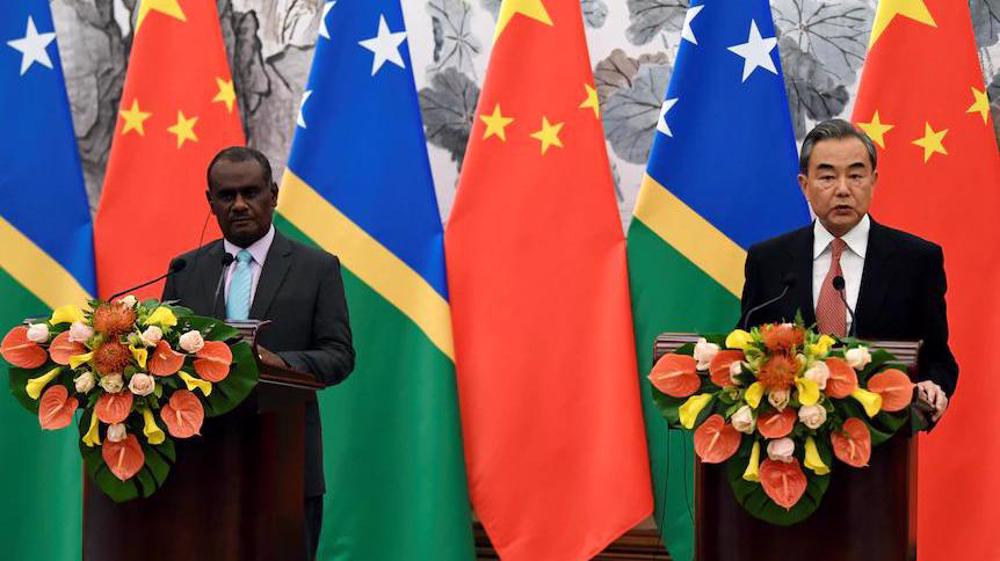
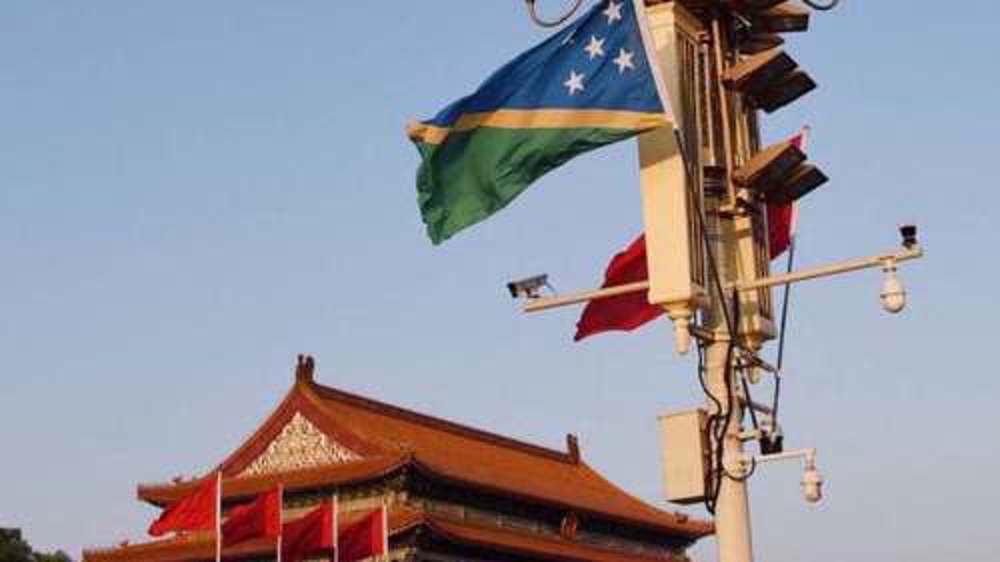
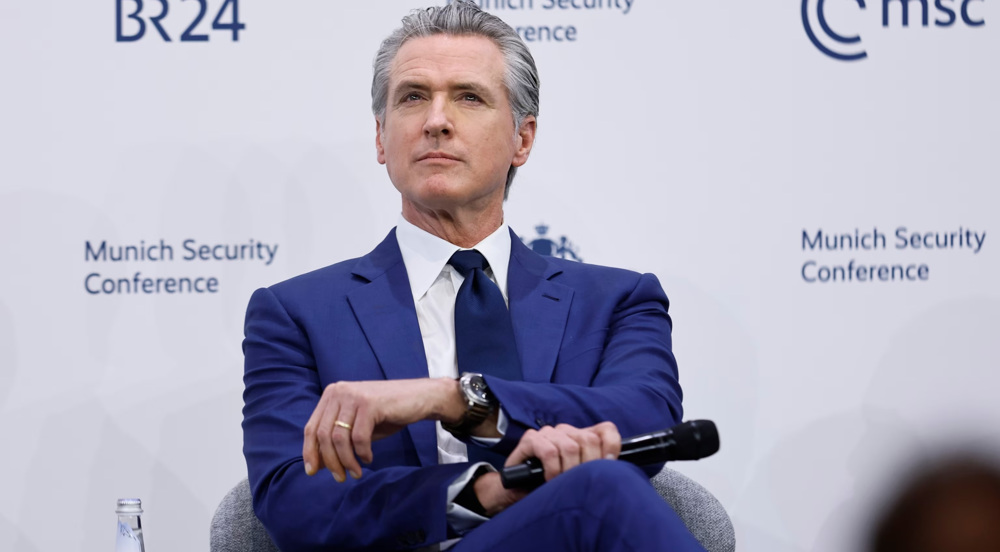
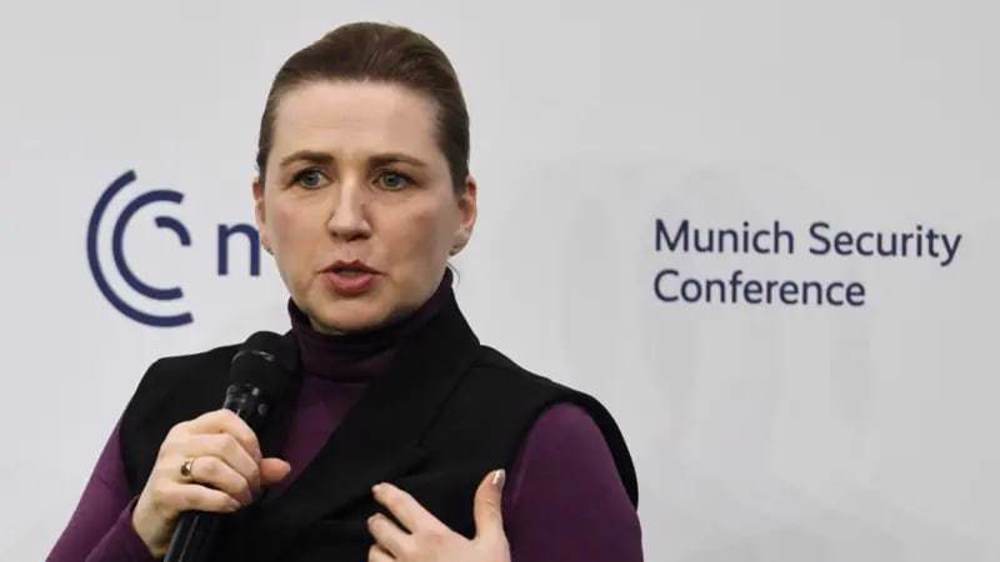
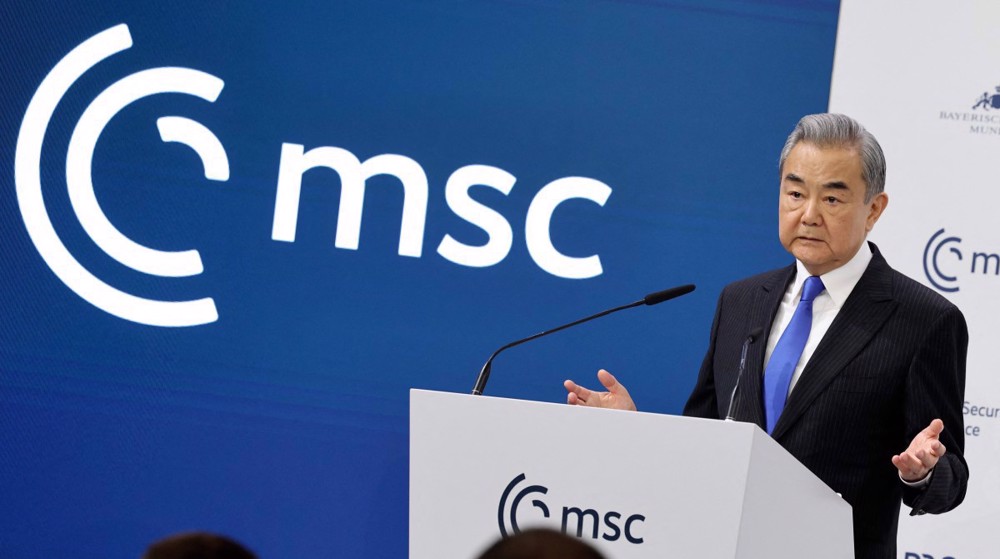



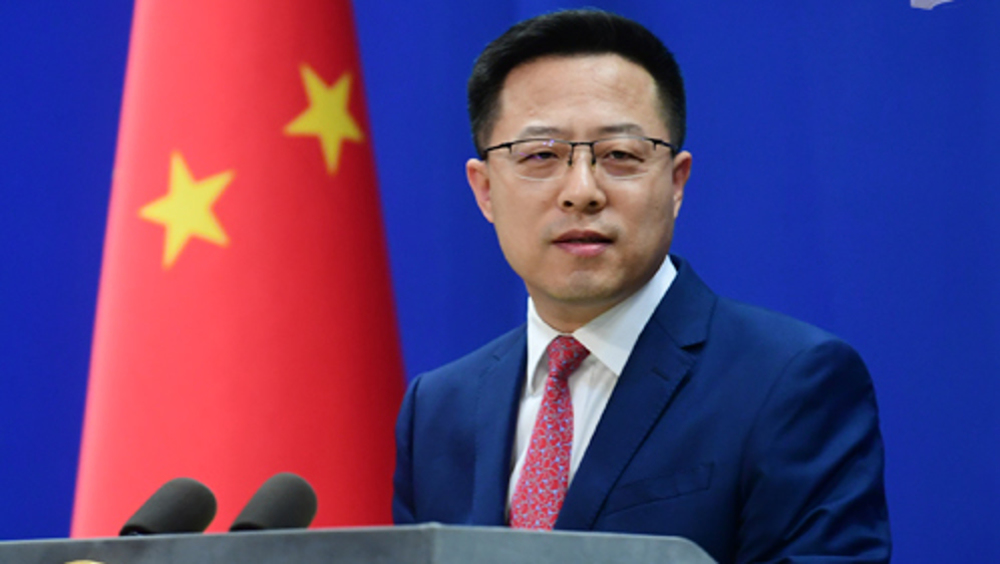
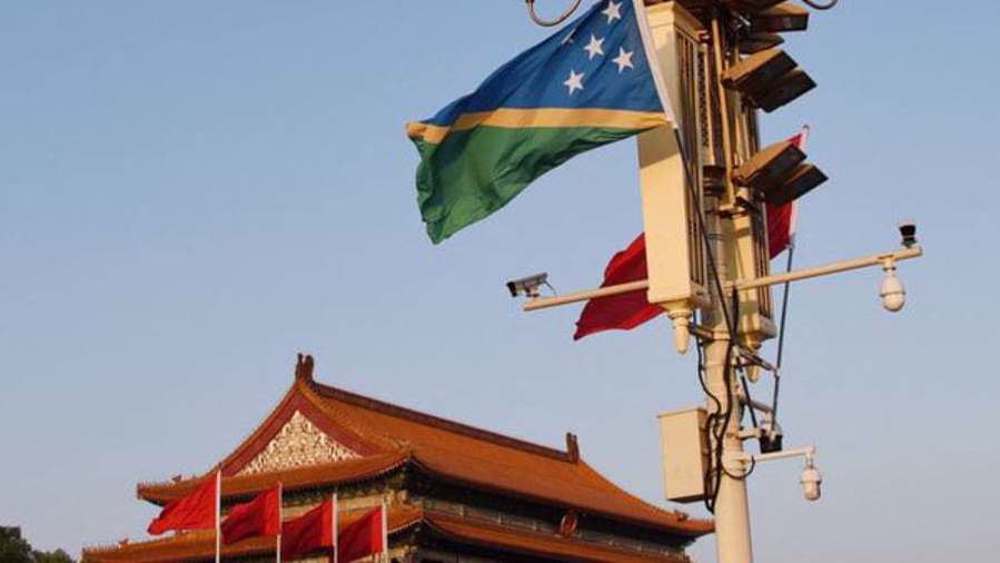
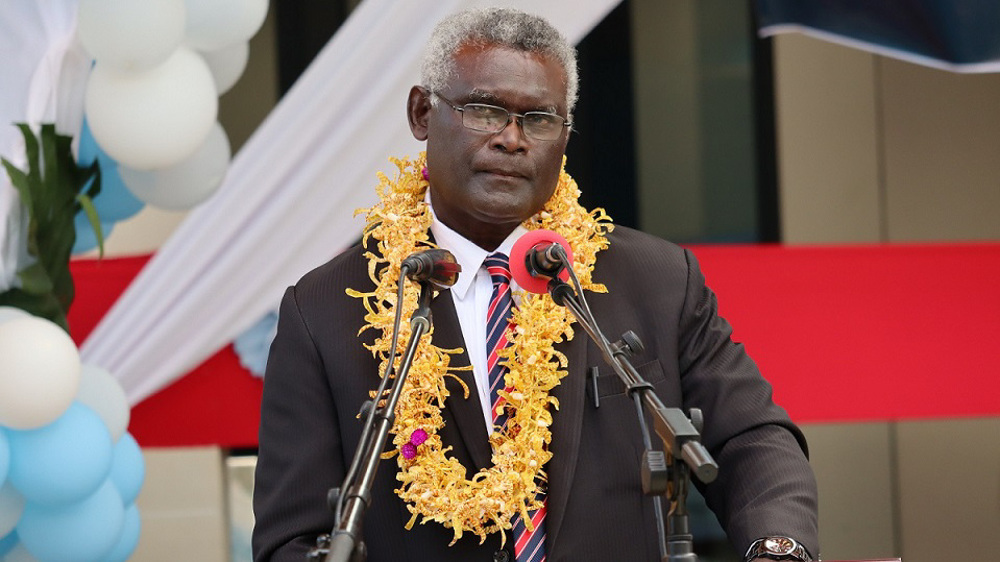
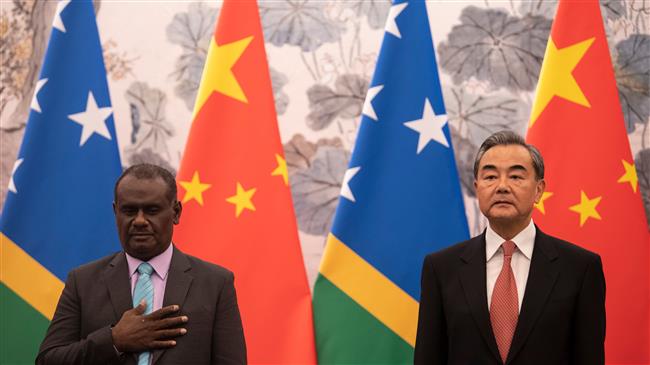

 This makes it easy to access the Press TV website
This makes it easy to access the Press TV website